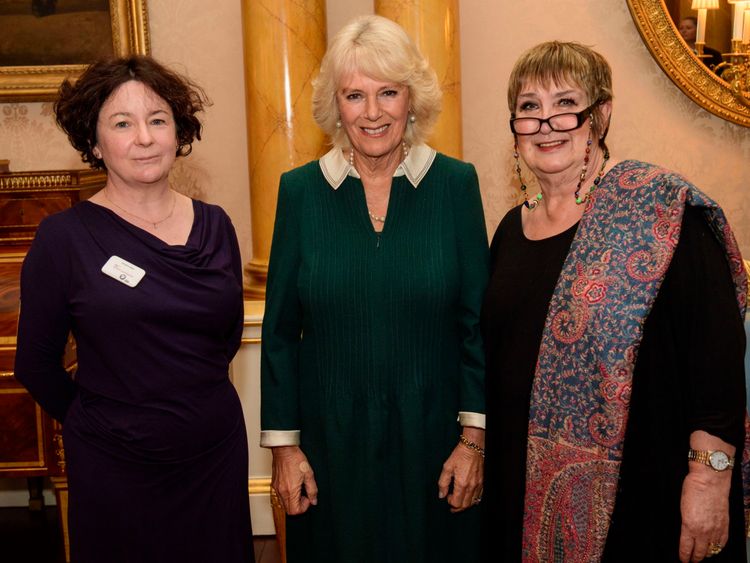The BBC has been criticised by MPs for paying female staff less and employing people on contracts that ended up having "life-changing consequences".
A report on pay equality by the digital, culture, media and sport committee (DCMS) found the corporation has been failing female employees.
The broadcaster was branded a "disgrace" for allegedly coercing staff to take on work with no rights to sick pay, maternity leave, pensions or other benefits.
The investigation by the committee was prompted by the resignation of the BBC's China editor Carrie Gracie, who quit after finding out she was paid two-thirds less than North America editor Jon Sopel.
MPs concluded that salaries at the BBC were set by "an opaque system of discretionary decisions by individual managers" who have "devolved powers to make their own personal choices on staff pay".
It stated: "The Equality Act 2010 states that men and women must be paid the same for doing the same work, like work and work of equal value.
"Our evidence suggests women within the BBC are working in comparable jobs to men but earning far less.
"The corporation was unable to give us a good reason for why or how pay discrimination has been left unchallenged for so long.
"The BBC must take urgent action to remove discriminatory pay practice and its legacy from the organisation."
The report also criticised the BBC's own internal investigation that found there was no "evidence of gender bias" in BBC pay, and its grievance process, which was failing to address employees' concerns.

Woman's Hour presenter Jane Garvey, who has been outspoken on the issue of women's pay, said: "MPs on the committee sound as frustrated by the pace of change at the BBC as we are.
"The grievance process is complicated, stressful and time consuming, and the new pay framework does nothing to help women compare salaries to men doing the same work."
A group representing women at the BBC said the report reveals a lack of "transparency" and "independent oversight".
BBC Women, which represents female journalists and producers, said the corporation must fulfil its "moral duties", adding: "BBC management should lead by example, implement the recommendations made by the select committee immediately, meet its legal obligations on pay – and its moral duties as an organisation funded by the licence fee payer."
 2:36
2:36The report also tackled the BBC's use of personal service contracts (PSCs), which involve people setting up their own companies and then working as contractors without the usual benefits offered to staff.
The alleged cost-saving practice left presenters without sick pay, maternity leave and other employment benefits.
The committee's report carries allegations that the BBC coerced some employees to give up these benefits and work as freelancers, saving the broadcaster tens of millions in National Insurance contributions.
Some of those who were on PSCs have now been ordered to repay tax that HMRC says should have been paid at the time.
DCMS chairman Damian Collins said: "Many are now facing bills of hundreds of thousands of pounds in unpaid income tax and National Insurance contributions. These are life-changing consequences.
"Where there's evidence that people were coerced into setting up these companies so they could carry on working as presenters, the BBC should offer compensation to cover their losses."
A Deloitte review found no evidence of staff being forced to move to PSC arrangements.
The BBC said in a statement: "While we still have more to do, much of this report is already out of date.
"Recent disclosures by other media organisations show that the BBC's gender pay gap is amongst the smallest and well below the national average. But we do hold ourselves to a higher standard.
"That is why our action on pay has seen the BBC make real progress in addressing equal pay cases; carry out an independent audit of equal pay overseen by a former Court of Appeal judge; introduce independent oversight so that disputes can be resolved; take clear steps to rebalance top talent pay; reform our pay structure to ensure fairness and give an unprecedented level of transparency and information about pay ranges for all staff; and, set up independent reviews to see what further steps should be taken on pay transparency.
More from bbc
"That's why so many colleagues have contributed to projects we're doing – on gender, ethnicity, disability, LGBT and socioeconomic diversity. We all want to make this a great place to work, where people are properly rewarded for their expertise and experience."
HMRC is yet to comment.
[contf] [contfnew] 
Sky News
[contfnewc] [contfnewc]






